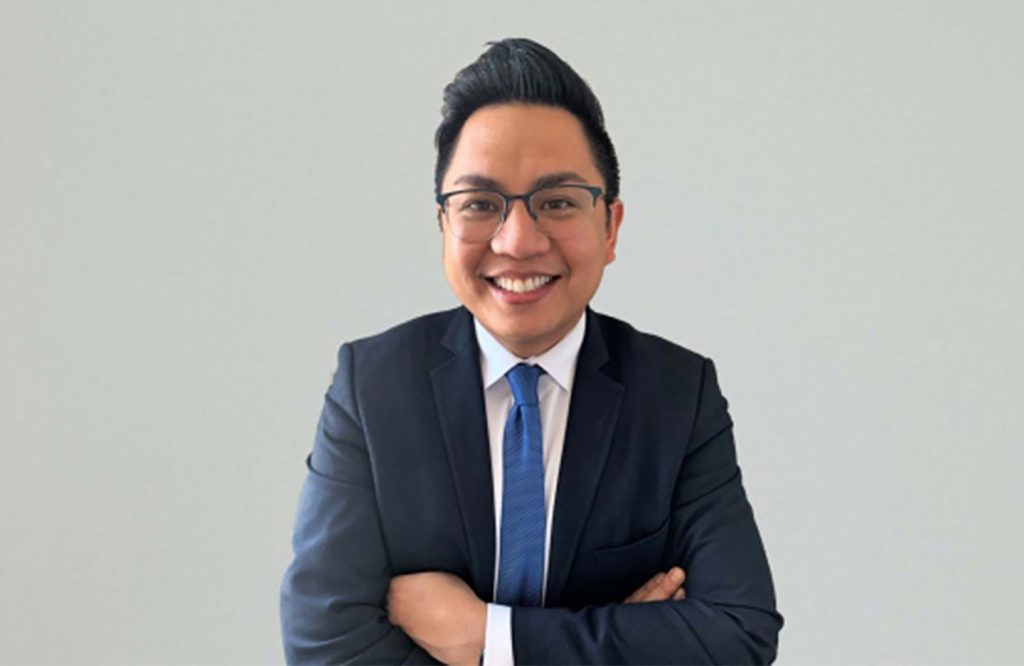As the nation’s law enforcement agencies continue to grapple with the growing specter of domestic terrorism and ethno-nationalism, a handful of canny attorneys and advocates have turned to a rarely invoked statute from the Reconstruction era to find justice of their own.
The American Constitution Society (ACS) hosted two such attorneys on January 27 who have found themselves on the front lines of this battle: Eileen Hershenov, senior vice president for policy at the Anti-Defamation League, and Raymond Tolentino, partner at Kaplan, Hecker & Fink. In an hour-long conversation, “Hate Crimes in the Court: Charlottesville and Beyond” moderated by ACS President Jamie Ehrlich ’23, Hershenov and Tolentino charted a course for the prosecution of white supremacists if similar attacks take place in the future.
At Tolentino’s firm, a team led by Roberta Kaplan recently litigated the civil lawsuit Sines v. Kessler against defendants accused of organizing, promoting, and participating in the 2017 Unite the Right rally in Charlottesville, VA. At the event, members of far-right groups marched on the city, with many brandishing weapons and chanting antisemitic and racist slogans in protest of the city council’s decision to remove Confederate monuments from their parks. The rally culminated in a car attack that took the life of Heather Heyer and injured over thirty counter-protesters.
But how do you rebuke the organizers who avoided criminal prosecution, yet may have been responsible for the event itself? This was the issue that encouraged Kaplan and Tolentino to represent nine of the injured Charlottesville counter-protesters in their suit against organizers Jason Kessler and Richard Spencer, among others. “The memory is still scarred into my brain, seeing neo-Nazis and members of other white supremacist groups storming through Charlottesville with tiki torches and guns and Confederate flags,” Tolentino recollected, “and Robbie [Kaplan] thought what every great civil rights litigator thinks: “What can I do? How can I get justice here?’”
More important, what law could they use? Tolentino went on to describe their strategy: “We settled on a fairly novel legal theory in the Ku Klux Klan Act of 1871, which contains a subsection that is relatively rarely used—section 1985—which makes it possible for plaintiffs to sue private parties for engaging in conspiracies to deprive individuals of civil rights.” The statute, originally passed to enforce and protect the suffrage rights of African Americans, laid mostly dormant for years, but has recently made a comeback in this case and in prosecuting the insurrectionists who stormed the Capitol in January 2021.
Hershenov was effusive in speaking about how this case laid the groundwork for future cases of politically and racially motivated violence. “What Ray and his colleagues did with the Ku Klux Klan Act directly led to our case,” she said. “The incredible verdict that you got in [the Charlottesville] case has tentacles that have already spread far and wide in the best ways.”
That verdict? Just over $25 million in compensatory and punitive damages for the nine plaintiffs, financially crippling the heads of some of the groups responsible for the rally. Tolentino believes it sends a clear signal to other would-be rioters that there are consequences for organizing and attending this sort of event. “The case sent a message of accountability that will have a ripple effect, protecting our civil rights for years to come,” he said.


